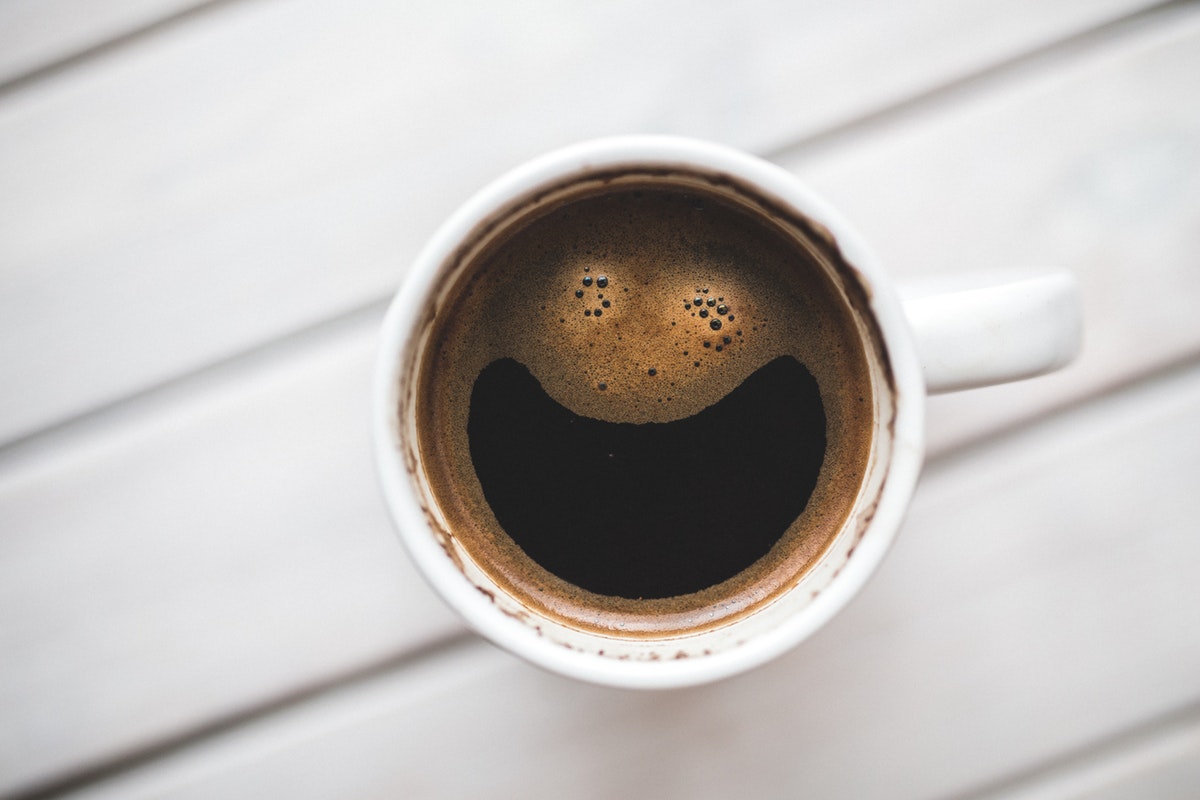
Do You Use It Daily?
No, not cocaine, not marijuana, we are talking about caffeine. This is the most used, and perhaps abused drug in America. While there are seemingly noticeable positive effects from the use of caffeine there are drawbacks too.
Like any other drug, you can become addicted to caffeine. Even the DSM-V, used to diagnose mental disorders, recognizes caffeine intoxication, dependence, and withdrawal. When your brain is so used to having caffeine, the lack of it can cause headaches, lack of concentration, and even depression. Due to caffeine's natural stimulant effects - this can be harmful to those suffering from anxiety.
When considering your overall metal health wellness and physical health, you should know that caffeine has an effect on your digestion and metabolism too. It is important is to monitor your intake, educate yourself on both the effects of caffeine and know your own body.
Many counseling professionals suggest looking at your caffeine intake when you are reporting anxiety attacks or chronic stress. The physical effects that caffeine has on the body such as heart palpitations, restlessness, or dehydration, can mimic anxiety. It is also a great idea to consult with your primary care provider regarding your caffeine intake and it's effect on your physical health. Be open and honest regarding your nutrition for them to best help you.
Tips from the APA, American Psychological Association:
- Delay having coffee for at least an hour after you wake in the morning since that is when your body doesn't actually need a caffeinated pick-me-up: Soon after waking, your body produces cortisol, a natural energy booster, so save your coffee breaks for mid-morning or the early afternoon, when cortisol levels dip, advises Dartmouth University neuroscientist Steven Miller, PhD.
- Similarly, if you don't habitually drink caffeine, consider drinking it only when you really need a functional boost, such as before a long drive or particularly long seminar, Juliano suggests.
- Caffeine can interfere with sleep when consumed as long as six hours before bedtime, reducing sleep by an hour and interfering with sleep efficiency and REM patterns, according to a study by Christopher Drake, PhD, of the Henry Ford Hospital in the Journal of Clinical Sleep Medicine (2013). So time your intake accordingly.
- There are no formal guidelines to help people get off caffeine, but strategies that are effective in stopping other problem behaviors such as smoking, drinking alcohol or overeating may help, psychologists say. They include stimulus control, such as learning to watch out for triggers that spur caffeine use and asking friends to help you reach your goal, Budney suggests. Juliano has been developing and testing a manualized treatment to help people reduce caffeine use. An early test, in the press in the Journal of Consulting and Clinical Psychology, suggests that keeping a daily diary of consumption is effective. Also, gradually cutting back on caffeine may help you avoid withdrawal symptoms.
All of our bodies are different, some are more sensitive to caffeine while others tolerate it well. The goal of this is to provide insight into our habits and possibly explain why caffeine can be excessive for us. To read more about caffeine and anxiety correlation check out this article: https://www.psycom.net/anxiety-and-caffeine
To talk to a life counselor in Orlando about your anxiety or how to find healthier coping techniques contact the author of this article, Mallory Hawkes at mallory.orlandothrivetherapy@gmail.com. Our goal is to help promote better coping, wellness and support for our clients.
